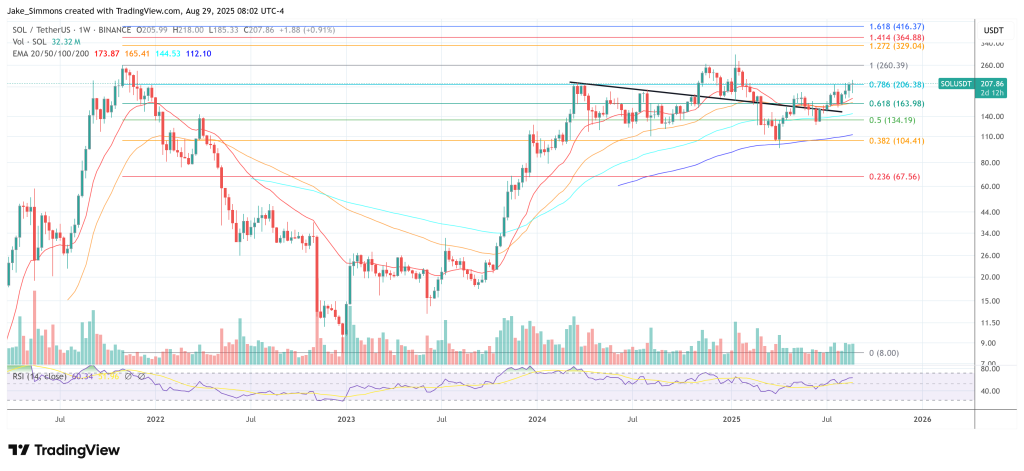Relatively new to crypto. Got a loose understanding of the systems.
Trying to differentiate the two but I’m kinda stuck on something. I understand that mining is more energy intensive, as they’re using mining rigs to process transactions.
My confusion stems from how that differs from POS where you still end up using a computer to process transactions. There just happens to be an extra step (32ETH). Which, I guess I should ask just to be sure - are those 32 ETH just parked somewhere as collateral or is it used as part of a liquidity pool?
Of course penalties keep validators in line, but wouldn’t that imply that btc miners have the capability to misbehave in a similar manner to a bad validator (even though they have no stake)?
To me the two methods seem nearly identical. What am I missing ?
Edit: ty to everyone who’s responded so far. Learning a lot. If you can believe it, I have even more questions.
Such as: Nodes Noticed them mentioned as similar to a validator. Does running a node require a stake? Is there risk/reward to me? I don’t have the kind of capital to validate, but if running a node requires decent computing power, that I can do.
[link] [comments]

You can get bonuses upto $100 FREE BONUS when you:
💰 Install these recommended apps:
💲 SocialGood - 100% Crypto Back on Everyday Shopping
💲 xPortal - The DeFi For The Next Billion
💲 CryptoTab Browser - Lightweight, fast, and ready to mine!
💰 Register on these recommended exchanges:
🟡 Binance🟡 Bitfinex🟡 Bitmart🟡 Bittrex🟡 Bitget
🟡 CoinEx🟡 Crypto.com🟡 Gate.io🟡 Huobi🟡 Kucoin.














Comments